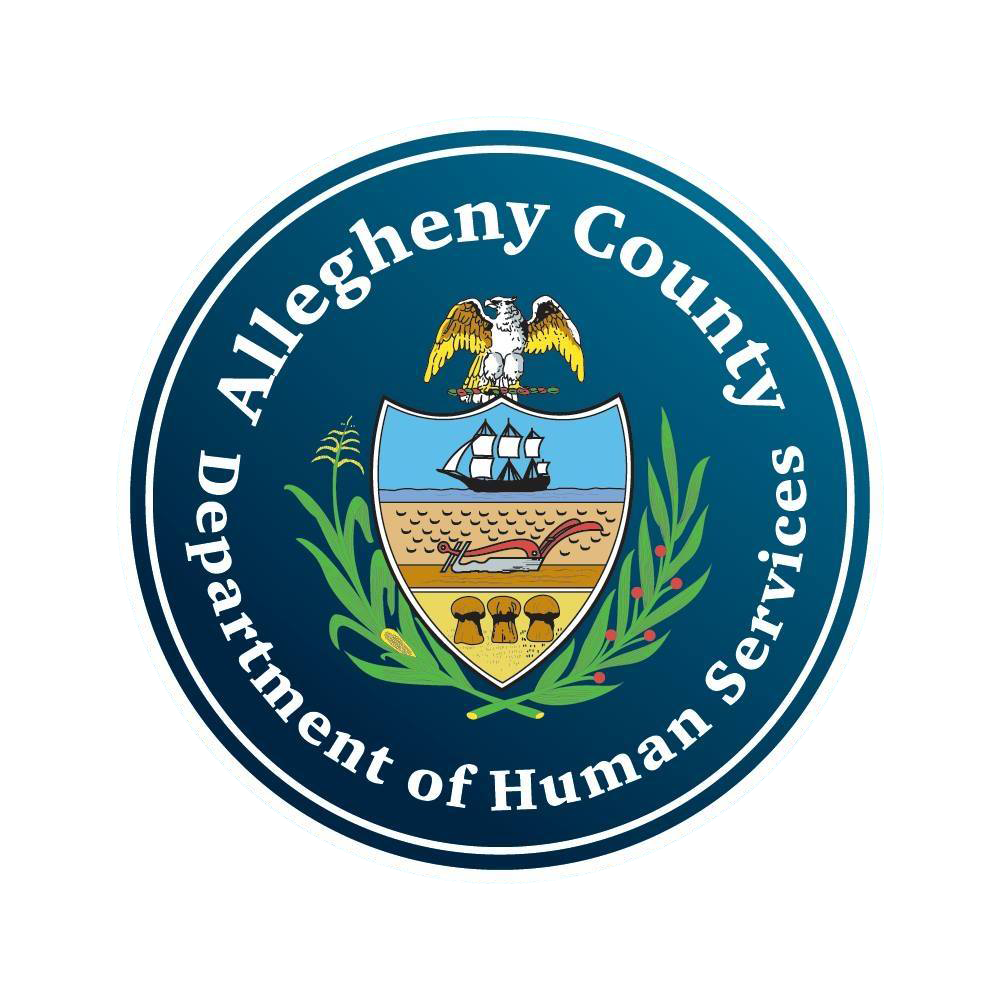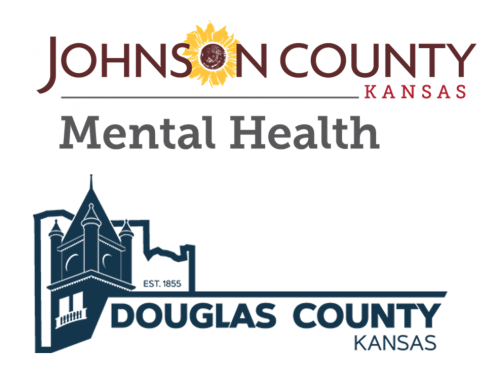Reducing the Risk of Homelessness through Prioritized Distribution of Rental Assistance Resources

Fellows: Joe Baumann, Arun Frey, Abby Smith, Catalina Vajiac
Data Science Mentor(s): Kit Rodolfa
Project Manager: Abiola Oyebanjo
Project Partner: Allegheny County Department of Human Services
More than half a million Americans experienced homelessness in 2021, facing a wide range of negative impacts on their physical and mental well-being. In Allegheny County, PA, several programs administered by the Department of Human Services (ACDHS) seek to serve the existing homeless population (for instance, with temporary shelters and rapid rehousing programs) as well as prevent entry into homelessness (for instance, with rental assistance for individuals and families facing eviction). However, resources for these preventative services are very limited relative to the level of need: with a budget of approximately $3 million, only a small fraction of the roughly 15,000 evictions filed each year can benefit. Faced with this constraint, ACDHS has partnered with the 2022 DSSG fellowship to better prioritize the allocation of rental assistance in order to have the greatest impact on preventing homelessness. Our team is drawing on historical data of state and county service involvement (such as housing supports, food security programs, medicaid, criminal justice involvement, child welfare, healthcare utilization) to build machine learning models to identify residents most at risk of homelessness for the county to support with resources to help them remain stably housed.




